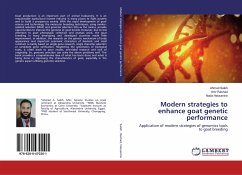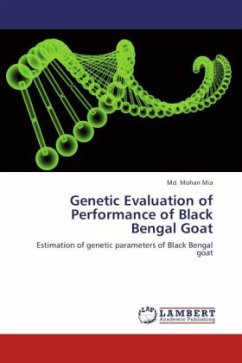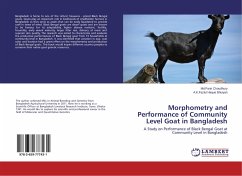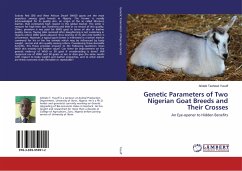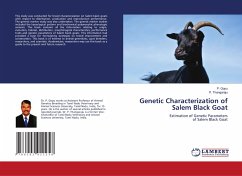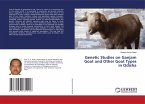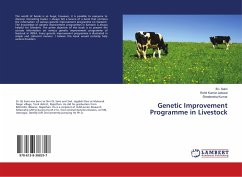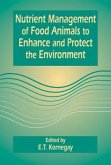Goat production is an important part of animal husbandry. It is an irreplaceable agricultural income industry in many places to fight poverty and to build a prosperous society. With the rapid development of goat science and technology, the molecular breeding techniques, using marker-assisted selection (MAS) and genomic selection (GS) as the means, provide opportunities to improve the genome of goat breeds. However, due to less attention to goat phenotypic collection and analysis work, the goat breeding in many developing and developed countries made little improvement. In addition, the research on the genetic mechanism of body appearance and important economic characters of livestock and small ruminant is mainly based on single gene research, single character selection or candidate gene verification. Neglecting the systematics of biological traits, it often leads to poor results, one-sided research and lack of originality. So, genomic selection can solve the above problems well. This book provides a comprehensive idea of what has been done and what is being done in improving the characteristics of goat, especially in the genetic aspect utilizing genomic selection.
Hinweis: Dieser Artikel kann nur an eine deutsche Lieferadresse ausgeliefert werden.
Hinweis: Dieser Artikel kann nur an eine deutsche Lieferadresse ausgeliefert werden.

